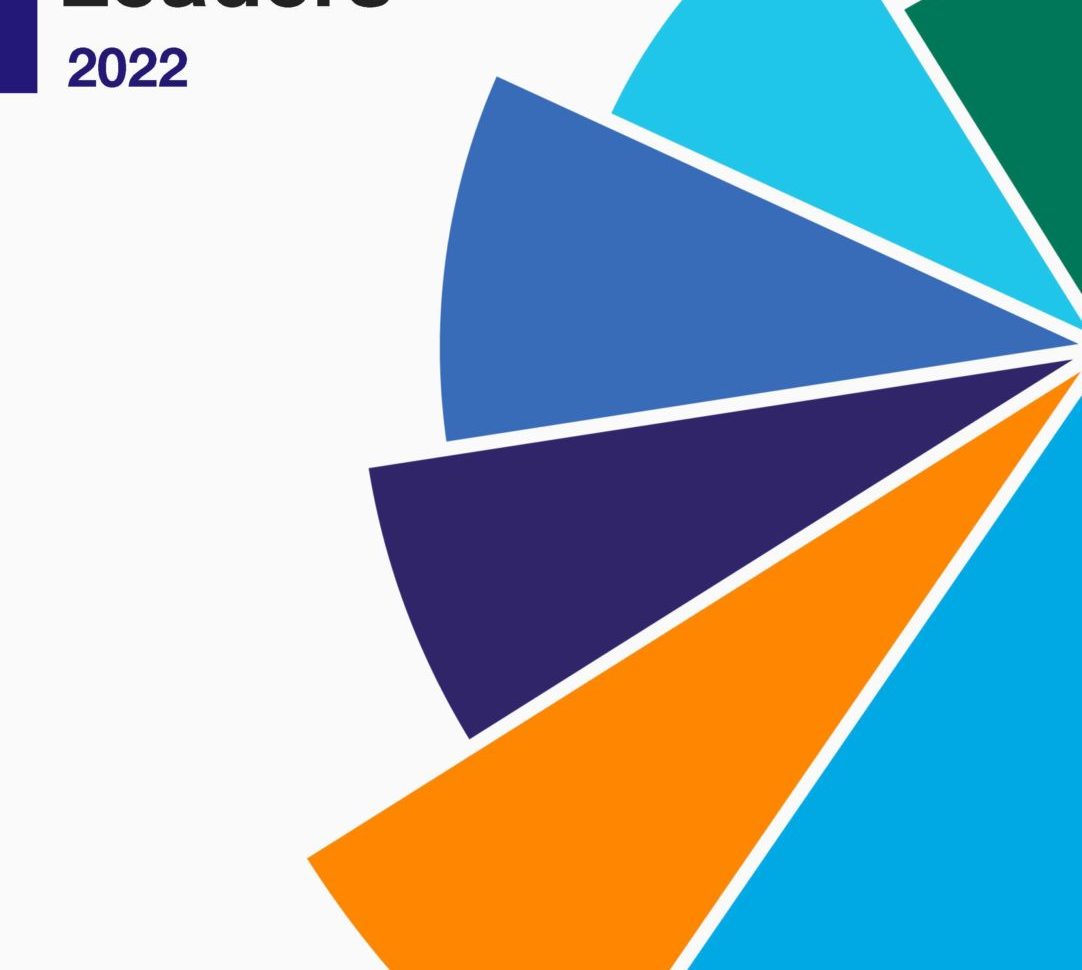
$30 trln in additional investments required to achieve net zero in 8 hard-to-abate sectors
The Net Zero Industry Tracker 2024 estimates that $30 trillion in additional capital will be required across ...

Unilever and Patagonia continue to top the 2022 Sustainability Leaders by GlobeScan and The SustainAbility Institute by ERM, while Microsoft makes the top five for the first time.
The top 11 – each named by at least 3 percent of expert respondents – is similar to that of 2021, including Unilever, Patagonia, Natura &Co, IKEA, Microsoft, Interface, Ørsted, Tesla, Danone, Google, and Nestlé. Rounding out the list of most-recognized companies, Apple, Marks & Spencer, Nestlé, Schneider Electric, Suzano, and Tata were each acknowledged for their sustainability leadership by 2 percent of experts surveyed.
There is greater diversity among the companies cited as regional corporate sustainability leaders. While the list of globally recognized sustainability leaders is relatively static year over year, different names emerge when experts are asked to identify sustainability leaders among companies headquartered in their own regions.
Europe is dominated by Unilever and IKEA, while experts in Latin America / Caribbean most mention Natura &Co, and North American experts favor Patagonia and Microsoft.
The new report 2022 Sustainability Leaders finds that sustainability leadership is increasingly being measured by evidence of action, impact, and above all the integration of sustainability into business strategy.
This year’s findings draw from more than 700 sustainability experts who once again came together from over 70 countries.
The Sustainability Leaders Survey is the largest and longest-running survey of its kind and has tracked expert opinions on sustainable development leadership for over 25 years.
The GlobeScan / SustainAbility Leaders survey, which questioned more than 700 sustainability professionals across 73 countries in March and April 2022, reveals a significant evolution in the way companies are assessed on their sustainability leadership.
The survey also finds that national governments, the private sector, and multi-sectoral partnerships are expected to lead the sustainable development agenda, with expectations of governments in particular increasing in recent years. However, experts have become less prone to expect sustainable development leadership from the United Nations and NGOs.
Unilever continues to top the list of companies recognized as sustainability leaders (named by 31% of respondents for the way it integrates sustainability into its business strategy), with Patagonia in second place at 22%. Microsoft makes the top five for the first time, behind Natura &Co and IKEA.
While the list of globally recognized sustainability leaders has changed only modestly in recent years, different names emerge when experts are asked to identify sustainability leaders among companies headquartered in their own regions. Experts in Africa and the Middle East highlight Nedbank, Safaricom, and Woolworths as sustainability leaders, while those in Asia-Pacific point to Tata. In Latin America and the Caribbean Natura &Co is the stand-out recognized sustainability leader, named by 55% of experts in that region.
Among NGOs, sustainability experts overwhelmingly recognize the World Wildlife Fund as the leader in sustainable development (named by 35% of respondents), followed by Greenpeace (named by 13%) and the World Resources Institute (named by 10%).
Sustainability experts are now almost unanimous in declaring the urgency of climate change, while energy security is growing in perceived urgency in the context of the Russian military operation in Ukraine. Meanwhile, other key sustainable development challenges, particularly social issues such as poverty, access to healthcare and opportunities for education have decreased in perceived urgency compared to last year.
The majority of sectors are seen by experts to be performing worse on the transition to sustainability than they were a decade ago, with especially poor ratings for managing the transition to sustainable development given to the extractive sectors. However, the banking/finance, electric utilities, and automotive sectors are believed to have improved their sustainability transition performance in recent years.
Chris Coulter, CEO of GlobeScan said: “There is a sharpening of the urgency around climate and nature for stakeholders and a shifting expectation for leading companies to be focused on delivering impact, not only on their own performance but also for the broader sustainability agenda.”
The Net Zero Industry Tracker 2024 estimates that $30 trillion in additional capital will be required across ...
Egypt is gearing up for the 2025 Human Development Report, and debt swap initiatives, all ...
The European Bank for Reconstruction and Development (EBRD), the United Kingdom’s High-Impact Partnership on Climate ...


اترك تعليقا